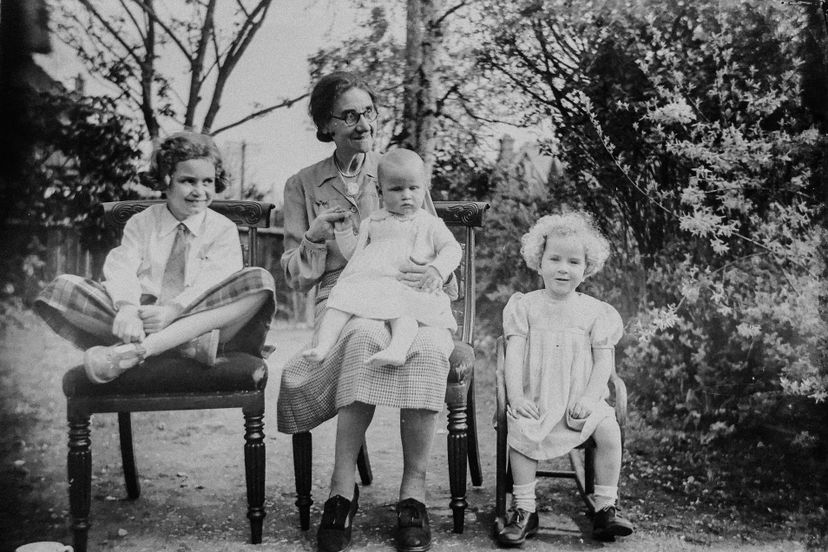
The formation of human personality has long been a captivating subject of study for researchers, psychologists, and scientists. Among the various theories and influences that shape an individual's unique traits and behaviors, one that has garnered significant attention is the concept of birth order. The notion that the order in which a child is born into a family can profoundly impact their personality development has intrigued scholars and the general public alike.
Let's delve into the intriguing realm of birth order theory, exploring its origins, key insights, and the ongoing scientific debate surrounding its validity. We'll examine how a person's position within the family hierarchy - whether they are the eldest, a middle child, the youngest, or an only child - can potentially shape their psychological makeup, interpersonal dynamics, and life trajectories. By synthesizing the latest research and real-world anecdotes, we aim to provide you with a nuanced understanding of this captivating field of study and its implications for your own self-discovery.
Advertisement